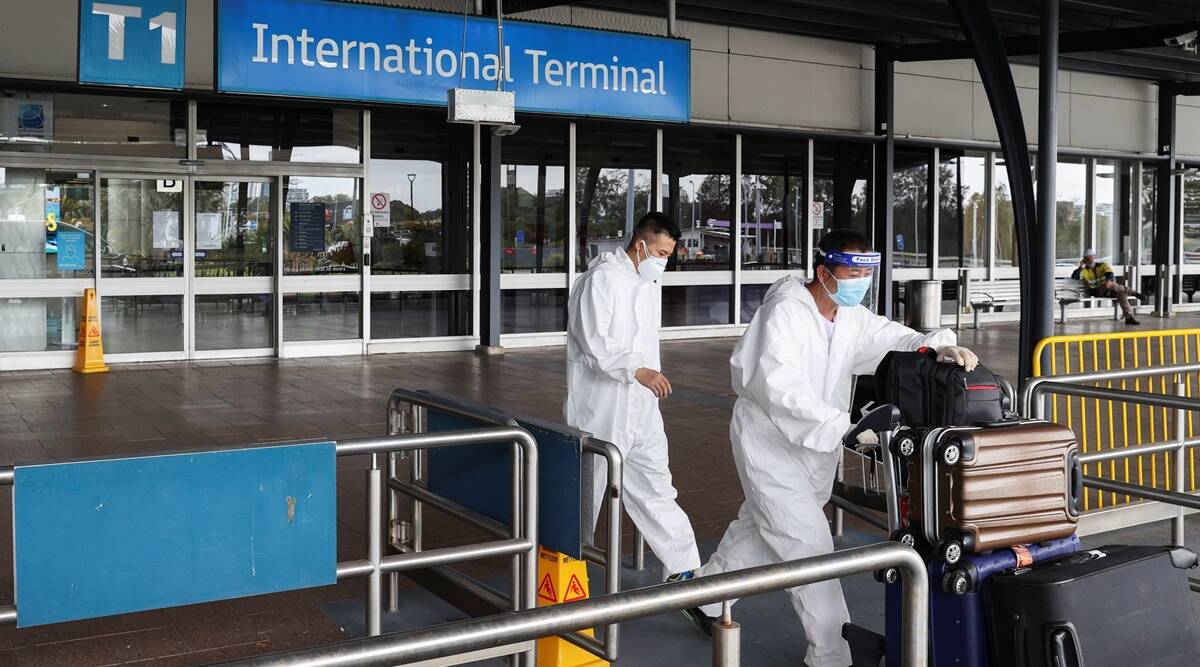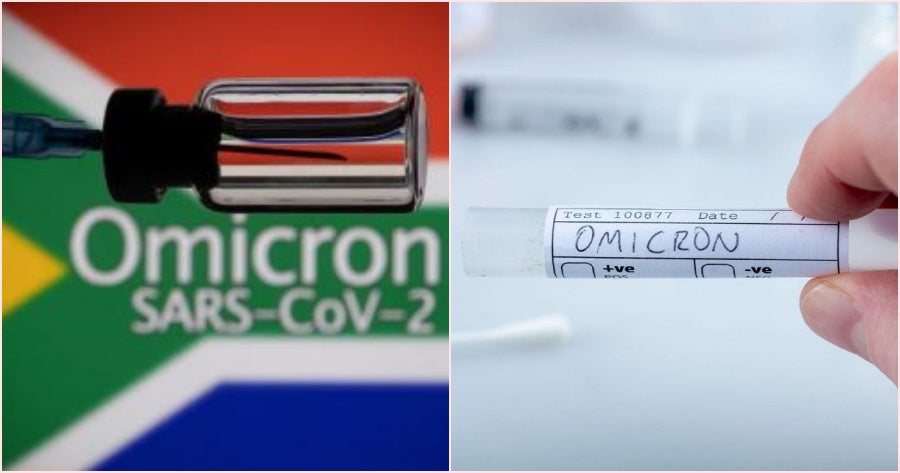As we all appear to be returning to our normal ordinary lives pre-Covid, a new variant of concern has once again spread fear and panic all over the world. This time around, the new variant is declared as a “variant of concern” by WHO.
The Omicron variant was first detected in South Africa on 24 November 2021 and has caused many countries to retighten travel restrictions.
With this new deadliest variant, the common concerns are how contagious it is and whether it would lead to worse symptoms in comparison with other variants.
Here is some information that you need to know about the variant:
Omicron is the deadliest variant as it is able to evade infection-blocking antibodies
The Omicron variant stood out because it contains more than 30 changes to the spike protein. Many of the changes are linked to the ability to evade infection-blocking antibodies.

According to the WHO,
“This variant has a large number of mutations, some of which are concerning. Preliminary evidence suggests an increased risk of reinfection with this variant, as compared to other variants of concern.”
WHO stated that several labs have indicated that the PCR test can be used as marker for this variant.
People who have previously had Covid-19 could become reinfected more easily with Omicron
“The number of people testing positive has risen in areas of South Africa affected by this variant, but epidemiologic studies are underway to understand if it is because of Omicron or other factors,” WHO explained.
In an interview with CNN, former co-chair of the South African Ministerial Advisory Committee on Covid-19 Salim Abdool Karim said that “it’s certainly transmitting faster than the Delta variant.”

WHO also noted that preliminary evidence suggests there may be an increased risk of reinfection with Omicron (people who have previously had Covid-19 could become reinfected more easily with Omicron), as compared to other variants of concern. But information is limited.
Vaccine companies are now researching if their vaccines can fight Omicron
Moderna stated that it will know in the next couple of weeks how effective its vaccines are against the Omicron variant.

“If we need to manufacture an Omicron-specific variant, it’s going to take some weeks, you know, two to three months is probably what we’re looking at to be able to really begin to test it and manufacture it. We’ll know from laboratory tests in the next couple of weeks just how effective the vaccines are against this variant,” they explained.
AstraZeneca is also looking to understand the impact Omicron has on its vaccine.
“AstraZeneca is also already conducting research in locations where the variant has been identified, namely in Botswana and Eswatini, that will enable us to collect real world data of Vaxzevria against this new virus variant,” said a spokesperson for the company.
Meanwhile, scientists at BioNTech, the German company that partnered with Pfizer to make its Covid-19 vaccine, are also investigating the impact of the variant on their shot, with data expected within the next couple of weeks.
Omicron has spread to 14 countries thus far
So far, the list of countries that Omicron have been detected in include:
- South Africa
- Botswana
- Hong Kong
- Belgium
- United Kingdom
- Germany
- Italy
- Denmark
- Australia
- Netherlands
- Israel
- Canada
- Austria
- Czech Republic
and many more…

There are no cases of Omicron is Malaysia… yet
So far Malaysia has yet to detect any cases of the new variant of Covid-19.

Deputy Health Minister Datuk Dr Noor Azmi Ghazali said that the public have to abide strictly to the SOPs in order to contain the spread of the new variant.
“That is why the government today is very concerned and has started strict control measures by not allowing individuals from certain areas with Omicron infection to come to Malaysia.”
Let’s not forget to follow the SOPs and to not leave our homes unnecessarily until we know exactly what we are dealing with.
Also read: New Covid-19 Variant Prompts MOH To Impose Travel Restrictions To 7 African Countries








































